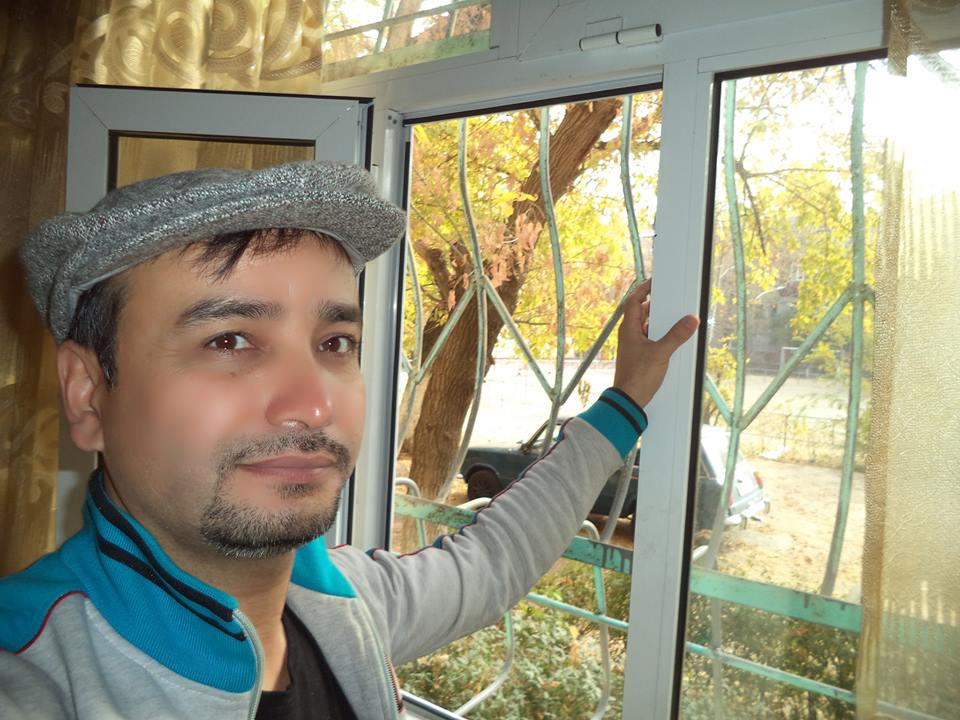
We are living in the time when a poet reads a poet, a poet translates a poet, and a poet presents a book to a poet. Most of the poetry books I have were given to me by my poet friends, living and creating throughout the world, in search of and hope for a better life for generations to come. I treasure them all. And I try to read them all. Still a pile of books of fiction by the writers I met are waiting for me in my shelf. It’s a little different with poetry collections. You cannot simply put them alone unread. You want to read them aloud.
In Uzbekistan, people do read poetry. People read and send poems to each other. My Telegram messenger, Facebook and OK.ru are full of poems sent by my friends and not friends, poets and not poets. Uzbeks share poems by famous and infamous authors not only on holidays, but also almost every day. Topics vary: from respecting parents to taking care of the world and finding yourself. Poems on religious topics on Fridays fly all over Telegram. People read poems on birthday parties, weddings and other solemn occasions, because it is easy, beautiful and well-accepted by the audience.
It was a long time ago. But I remember that day clearly when I saw a woman reading a book under the candlelight late in the evening. It was an old woman, who used to live in the trash center. She was deep in reading that she even did not pay attention to people coming and going, leaving their trash into the big dustbin. She was reading a poetry book. Impressed by the scene I later wrote a short poem:
“A woman’s sitting in a slum
The slum is in a dump.
As she gets the hump:
The woman is reading.
It is dark in the dump,
There is a dim light
Inside the slum.
The woman is reading
Under the wan candlelight.
Her hope from life is dim, dim…
The reading woman
of my dream!”
***
Last week, I was sent old, yellow pieces of paper from a neighboring region. That was the poems by a grand grandfather of a relative of mine. Poems were hardly seen on the old paper. I loved the smell of the paper, I felt the old man’s grieves and stories shed on the paper in the form of poetry. One of the poems was about the old man’s child he lost. He was not a poet or at least did not call him so. But it was poetry he addressed to comfort himself almost a hundred years ago. I could read and write down some of them. I need to send these papers back to my relative now. I suggested that they put them into frames, hang them on the wall, read them and keep them for generations.
Whenever Uzbek people see kids, especially those who go to kindergartens, they ask, “What poem do you know? Can you recite one?” I also ask my kids to read a poem from a poetry collection. I used to buy tens of poetry collections of my poet friends to give them to my friends, neighbors and colleagues as a gift. I like when kids read poems expressively, in Uzbek or Russian. They get candies in return.
And I remember one thing for life. Twenty years ago, on the first wedding night of mine, my wife asked me, “Read me a poem.” I read her several poems by heart. She loved them. Twenty years have passed since then. She got three kids in return. And I still have a treasure for life: “Read me a poem.”




